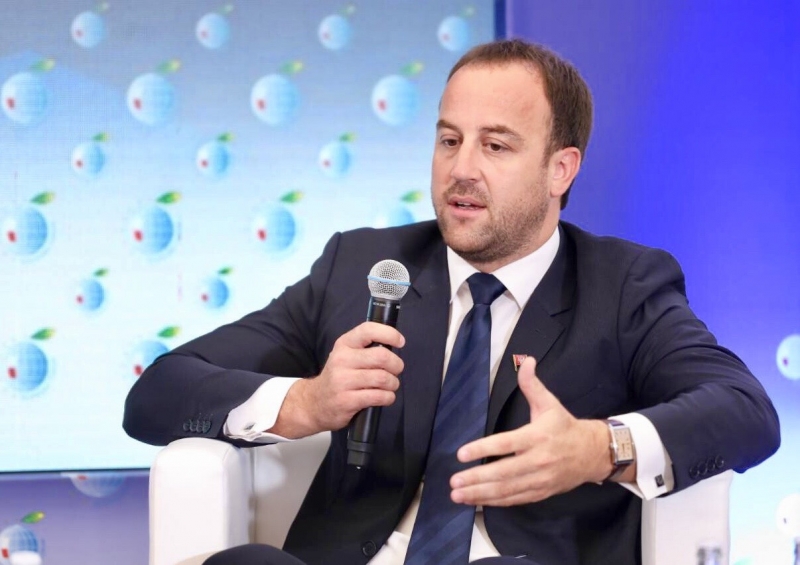A responsible approach to facing the migration challenges implies Montenegro, as a candidate country for the EU membership, being a cooperative element of the European policy, highlighted the Chairperson of the Committee on International Relations and Emigrants Mr Andrija Nikolić at a panel organised within the 28th Economic Forum in Krynica on “Schengen Area in Face of Migrant Crisis – the End of Europe Without Borders?”.
Speaking in the panel, Mr Nikolić pointed out that the consequences of the migration crisis transcended the national frameworks, and that it was therefore necessary to establish a common approach and activities of all countries in the complex task of preserving border security.
As an old and humane state, Montenegro has already shown a responsible and solidary approach when accepting more than 150,000 refugees from Kosovo, who had found shelter in Montenegro from the troubles they had suffered because of wars in the late 1990s, Mr Nikolić emphasised.
Mr Nikolić also had remarks within the panel on “Europe’s Neighbours or the Neighbours in Europe? - migrant crisis and the EU neighbourhood policy”, where other speakers were Marshal of the Senate of the Republic of Poland Mr Stanisław Karczewski, President of the Senate of Romania Mr Călin Popescu-Tăriceanu, Vice-President of the Congress of Deputies of the Spanish Parliament Ms Micaela Navarro Garzón, Deputy Speaker of the Hungarian Parliament Mr János Latorcai and Deputy Speaker of the National Assembly of the Republic of Serbia Mr Vladimir Marinković.
While talking about the idea of a European Neighbourhood Policy aimed at creating a friendly environment in both the east and the south, from the Caucasus to the Sahara, Mr Nikolić emphasised that it would be desirable for the European Union, taught by the negative experiences with its eastern and southern neighbours, to focus more seriously on the continuation of the enlargement process, because it was one of its most successful policies. According to Mr Nikolić, the key for the long-term sustainability of the European unity is the new energy in the enlargement policy, but also for boosting the integration enthusiasm of the Western Balkans countries.
On the sidelines of the Economic Forum in Krynica, Mr Nikolić had several informal meetings, among others with the Chairperson of the Foreign Affairs Committee of the Croatian Parliament Mr Miro Kovač and Chairperson of the European Affairs Committee of the Croatian Parliament Ms Izabela Kloc.












